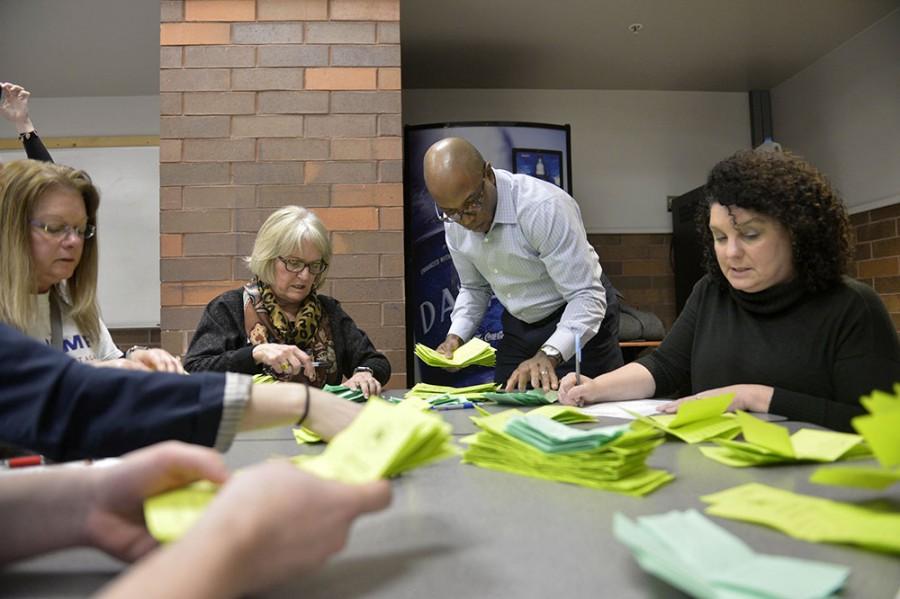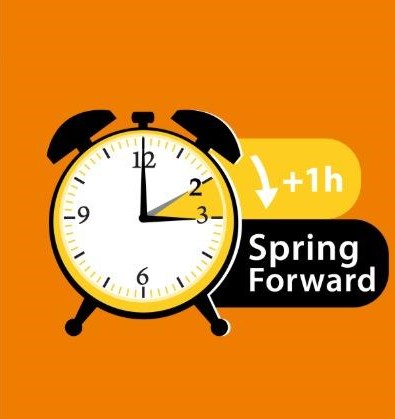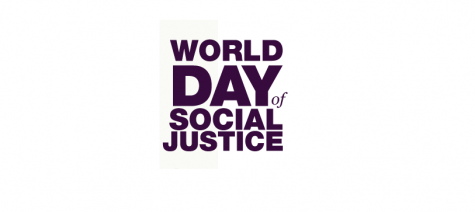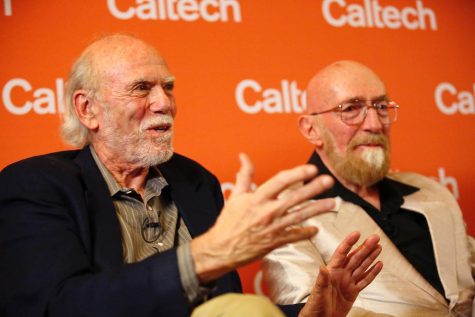Clinton leaves Iowa with a battle on her hands
Staff members count ballots at a caucus site in Des Moines, Iowa, on Monday.
DES MOINES, Iowa — Hillary Clinton has got a real fight on her hands.
The one-time front-runner for the Democratic presidential nomination faces a protracted two-person race following a virtual tie in the Iowa caucuses on Monday after half the voters disillusioned by Washington turned against the establishment politician.
Her rival, Bernie Sanders, an independent senator from Vermont, galvanized a group of Democrats including many younger, first-time, low-income voters, promising to be the champion of the underpaid, overworked American worker.
With the Democratic Party split, the contest could now stretch easily into March with Clinton forced to fight for a nomination many had long assumed was hers for the taking. The timeline was one Clinton had hoped to avoid when she placed an emphasis on the four early states voting in February.
Clinton could lose the first primary Feb. 9 in New Hampshire, where Sanders boasts a large lead in part because of his popularity in his home state next door. But she is expected to do well in the next contests in Nevada and South Carolina as well on Super Tuesday, March 1, when many Southern states with large black populations go to the polls.
Clinton and Sanders have more opportunities to pick up support now that their remaining opponent, former Maryland Gov. Martin O’Malley, dropped out, and Democrats are on the brink of scheduling four additional debates, likely to start this week.
“It is rare that we have the opportunity we do now, to have a real contest of ideas,” Clinton told supporters late Monday. “To really think hard about what the Democratic Party stands for and what we want the future of our country to look like if we do our part to build it.”
Clinton was leading by double digits in Iowa only a couple months ago after a standout performance at the first debate and an 11-hour grilling on Capitol Hill about the 2012 fatal attacks in Benghazi, Libya. She also got a boost when Vice President Joe Biden decided against a presidential run, and two lesser-known rivals dropped out.
But she endured months of bad publicity over her use of a personal email system while secretary of State, prompting questions about her judgment and whether her actions created a national security risk. Iowa Democrats who ranked honesty an important quality went for Sanders over her by 8-1.
And in recent weeks, she found herself in a tight race with one of the most unlikely competitors: a 74-year-old self-described democratic socialist who was down 50 points in Iowa last year when he began campaigning on a platform of launching a “political revolution.” Sanders isn’t even a Democrat.
“We need a … man or woman in that office who can take control of this country … not take no for an answer and get the job done,” said Rob Warnock, 49, a meat cutter from Des Moines and a lifelong Republican who caucused for Sanders. “If we don’t do it now, it’s just going to get a lot worse.”
Sanders successfully drew on anger building in the country by those fed up with lawmakers in Washington, stagnant wages, companies sending jobs overseas and terrorists sneaking in across the border.
“The guy is coming from a place of anger,” said Cynthia Paschen, 55 of Ames. “I think Hillary Clinton is coming from a place of love, of building bridges, a place that reaches out to girls … and says you can be anything you want to be. It’s a kinder message.”
Sanders held boisterous rallies full of enthusiastic supporters who interrupt him to shout “Feel the Bern.” And he received a record number of donations, 3.5 million contributions at an average of $27. He still has $28 million in the bank, though that’s $10 million less than Clinton.
Preliminary entrance polls showed that Sanders received large margins among younger voters and those who are paid less than $50,000 a year.
The polls showed that just 44 percent of the Democratic caucusgoers came out for the first time Monday. That number is much lower than the 57 percent who were first timers in 2008 when Barack Obama won in a landslide. Fifty-nine percent of Sanders supporters Monday attended their first caucus, the polls show.
Clinton portrayed herself as a pragmatic leader who would build on Obama’s legacy and work with Republicans and Democrats to get things done in a town where little gets done.
Her rallies were smaller, appeared to be more staged and less passionate. In her final days of campaigning, she pleaded for Iowans to back her because of her proven leadership. “Stick with me. Stick with the experience,” she said this weekend in Council Bluffs.
Preliminary entrance polls show Clinton received the backing of more women, those over 45 and those making more than $50,000. She received the support of more conservative and moderate Democrats while liberals and independents were more likely to go with Sanders.
Clinton embraced a new approach in Iowa _ humbly courting Democrats and building a vast, disciplined field operation _ far different than the one that led to a humiliating third-place finish here eight years ago in her first run.
Both campaigns invested heavily in Iowa with more than 25 offices each. Sanders’ campaign touted more than 3 million calls made over the course of the campaign while Clinton’s aides said they knocked on 125,000 doors during the final weekend.
“I don’t think they thought Bernie was going to do so well,” said Nancy Jones, a retired first-grade teacher from Council Bluffs who supported Clinton.
Jones said she received countless pieces of mail and calls from Sanders’ campaign. In contrast, the Clinton campaign called only once to see if she knew where to caucus. “My gosh, everyday my mailbox was full,” she said. “I think she could have done more. She’s just lucky I really like her.”











